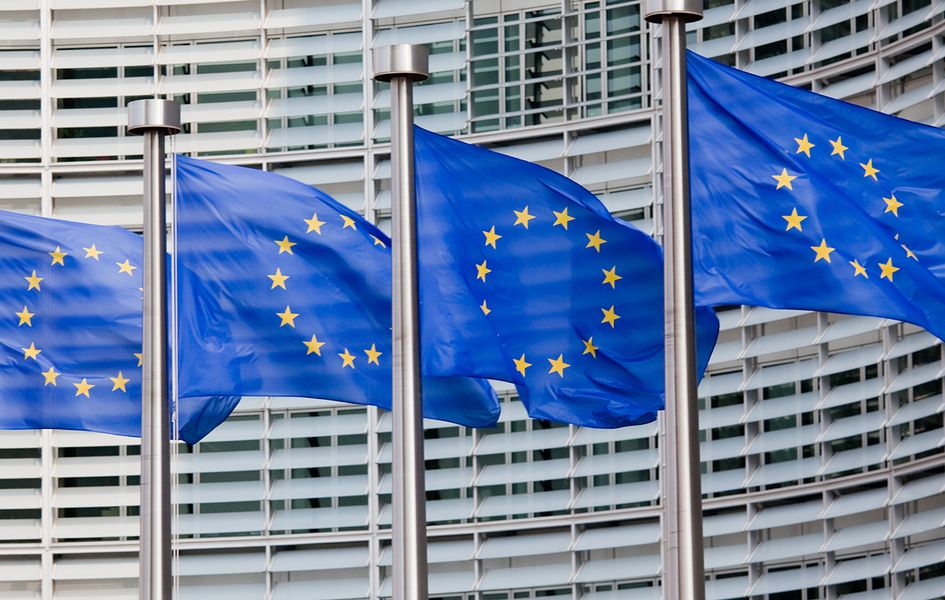
Agencies Getting Ready for Next Wave of International Cartel Enforcement
The International Competition Network (“ICN”) has recently published a paper entitled “Guidance on Enhancing Cross-Border Leniency Cooperation” which is targeting cartel investigations with multijurisdictional leniency applicants. Along with other developments, the paper heralds global antitrust enforcers’ efforts to get ready for the next wave of international cartel cases.
In the past decade, by far the largest number of international cartels have been uncovered by companies blowing the whistle and applying for immunity in key jurisdictions such as the U.S., the EU, Japan or South Korea. Examples include automotive parts suppliers (c. 200 different auto parts in total), banks (LIBOR, Forex, etc.), and consumer electronics (e.g. liquid crystal displays, cathode ray tubes, electrolytic capacitors). Recent years show a significant decline of multinational cartels being uncovered and a focus on regional or national cartels like canned tuna and broiler chicken in the US or construction in the EU. The reason is likely not that all multinational cartels have successfully been eliminated by highly effective compliance programs, although desirable. Rather, at least in the EU, benefits of blowing the whistle have recently declined. One of the reasons certainly is costly private damage litigation, which even an immunity applicant is prone to.
In an effort to revive self-reporting of international cartels and to get ready for the “next wave”, cartel enforcers are beginning to address it by expanding their respective tool boxes in various ways:
- The ICN paper on global leniency enhancement follows two parallel aims of, first, making international enforcement efforts more effective and, second, helping to reduce disincentives for prospective leniency applicants. While, in the past, leniency applicants had the opportunity – for whatever specific reasons in the case at hand – to apply for leniency only in selected jurisdictions, an increased information sharing between agencies will make that a more risky approach. On the bright side, the paper also aims at reducing inefficiencies in the process of multijurisdictional leniency filings, incentivizing potential leniency applicants to “come in.”
- The US DOJ has recently expanded its practice of requesting the extradition of executives from all over the world to the United States for criminal cartel conduct, which is particularly relevant for companies that are not immunity applicants and therefore have no opportunity to carve out their executives from prosecution. In addition, the DOJ in July 2019 published antitrust compliance guidelines which allow deferred prosecution agreements not only for the company “first in”, but also for other cooperating companies if they can show that they have a sufficient compliance system in place.
- The European Commission is said to have several ex officio cartel investigations in the pipeline, making use of its relatively newly established data analysis unit for cartels to keep up enforcement pressure. It also counts on the newly established eLeniency tool, which includes a whistleblowing opportunity for anyone who wants to report an alleged cartel, with the possibility for the Commission to reach out to the whistleblower to inquire more details, if needed.
What else can regulators – and in particular what can the European Commission – do to help companies which are willing to “come clean” to self-report? Since the immunity applicant in the US is generally excluded from treble damages in follow-on litigation, the European Commission might consider taking some burden off the immunity applicant in the EU as well. While cartelists do not face treble damages in the EU, the immunity applicant could be completely excluded from joint and several liability with the other cartelists, who would have to cover also the immunity applicant’s share in the damages. So far, the only privilege for the immunity applicant in the EU is that the company is in principle only liable towards its direct and indirect customers, but not the other cartelists’ customers, which is of limited value given the right to contribution in many EU Member States. The European Commission might also consider following the DOJ in recognizing effective compliance programs when setting fines, thereby incentivizing compliance improvements.
Companies need to be mindful of the amended enforcement environment which may change the “playbook” for international cartels. Although currently large cartels are not (anymore) to be found in the headlines of the newspapers, agencies are expanding their toolboxes in order to keep the enforcement going despite the obvious decline in leniency applications. This is a high priority for agencies, since it is their opportunity to show that they do not have to rely on corporate leniency applications, but that there are other – and similarly deterring – ways to enforce the ban on cartels. In case a company detects its own participation in a multinational cartel, under the current (legal) framework, companies have to balance the different risks and opportunities carefully when considering “going in”.
» DOWNLOAD Newsletter (PDF)
FOLLOW US
Don’t miss any edition of our Brussels à Jour Newsletter.
You can simply follow the hashtag #Brusselsajour on LinkedIn to make sure you receive our updates in your feed.

